
Canva
Within the digital age, our on-line habits can generally result in unintended invites to hackers. Identical to leaving your entrance door unlocked would possibly entice burglars, sure on-line behaviors can attract cybercriminals. However don’t fear. Turning into conscious is step one in fortifying your digital doorways in opposition to undesirable intrusions. Let’s stroll by means of 11 frequent on-line actions that may be making hackers bounce for pleasure and how one can flip the script to maintain them out.
1. Reusing Passwords
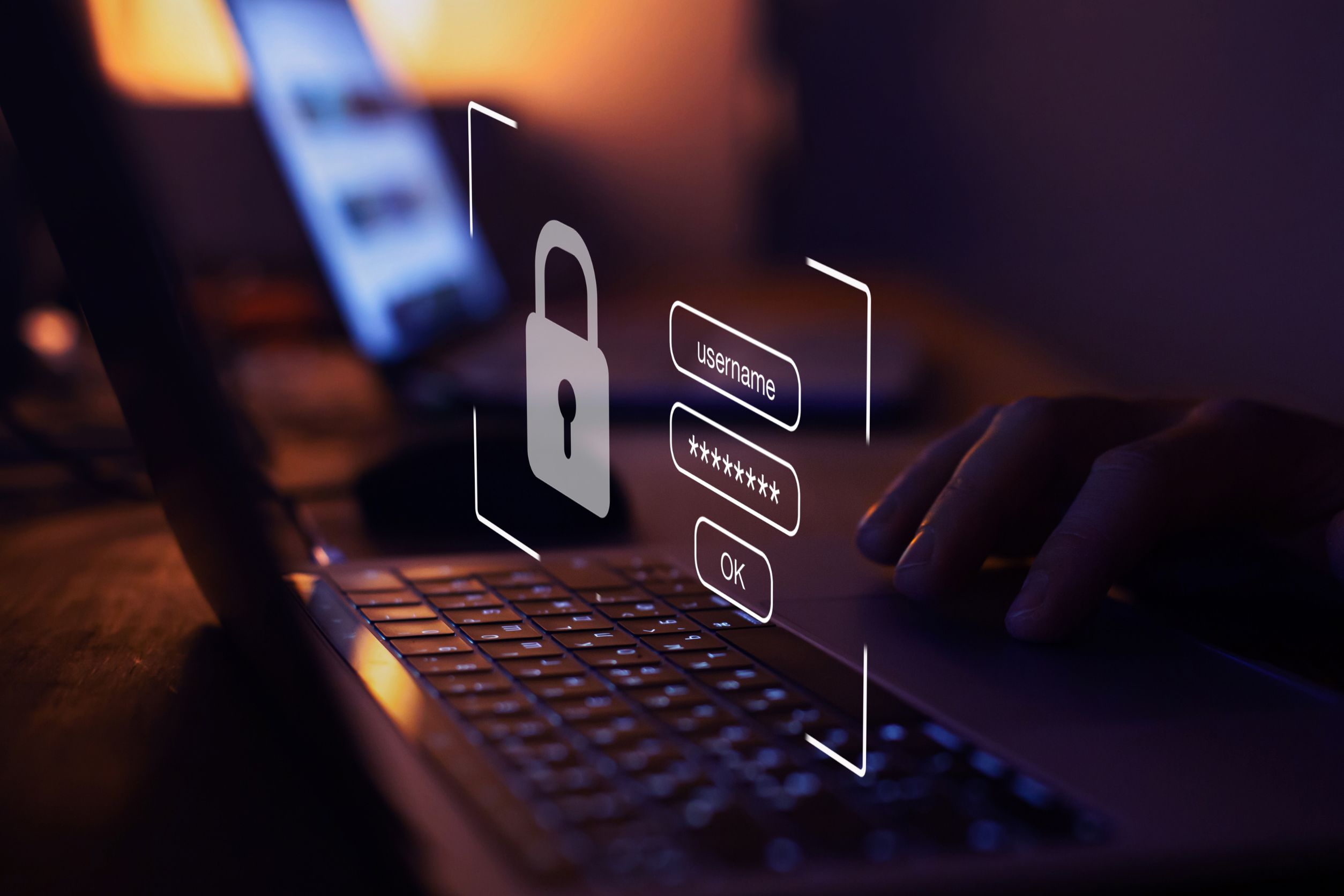
Canva
Reusing passwords throughout a number of websites is like utilizing the identical key to your automobile, home, and workplace. As soon as a hacker will get maintain of 1 password, they’ve an all-access move to your digital life. This follow is among the best methods to multiply the harm of a single knowledge breach. To remain protected, use distinctive passwords for various websites. A password supervisor will help you retain observe of all of them and not using a headache.
2. Ignoring Software program Updates
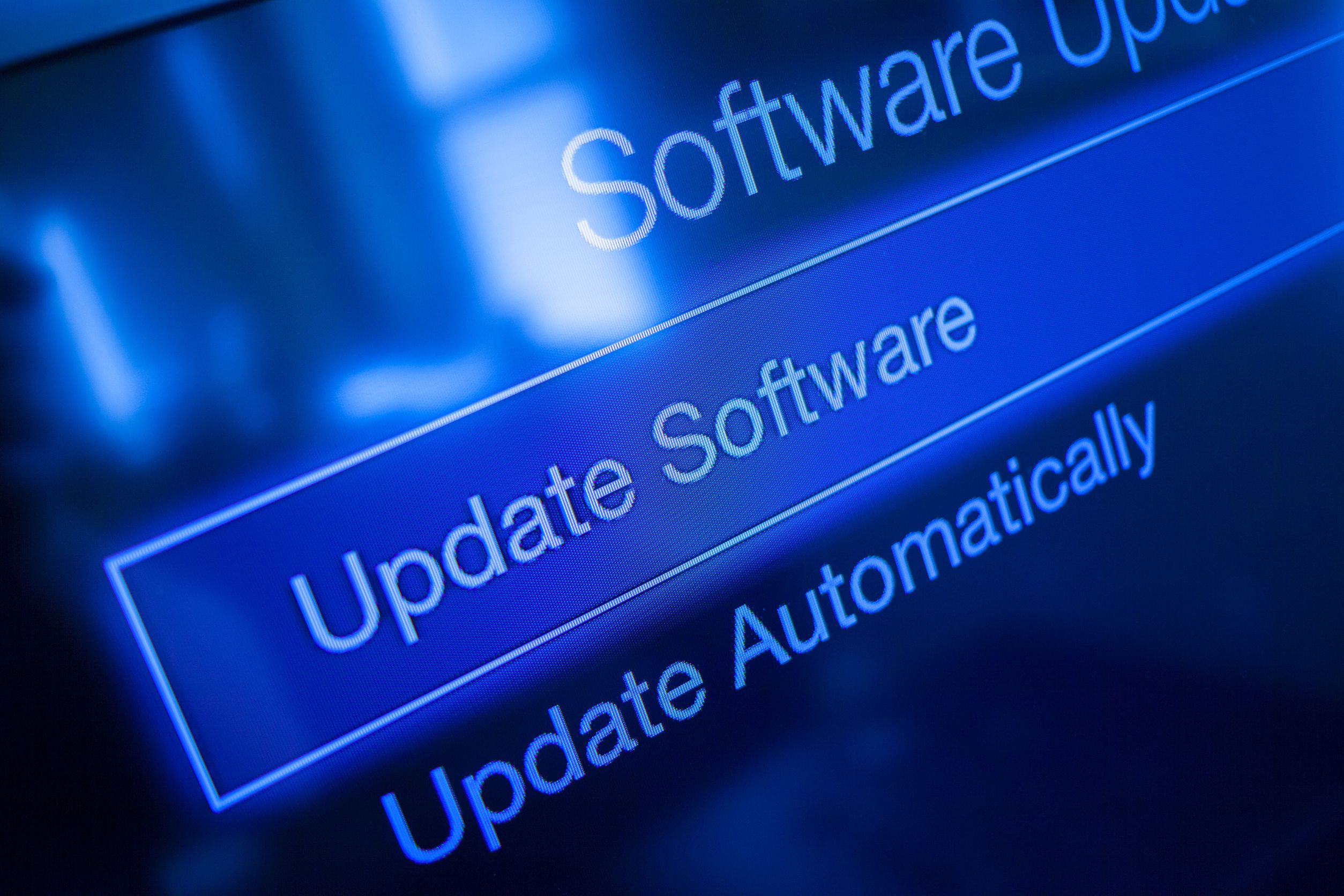
Canva
Are these annoying pop-ups reminding you to replace your software program? They’re truly your first protection in opposition to safety vulnerabilities. Hackers like it once you delay updates as a result of it provides them time to take advantage of outdated weaknesses. All the time replace your software program as quickly as potential to guard your self from the most recent threats. Consider updates like a vaccine to your gadgets; vital and well timed.
3. Clicking on Unknown Hyperlinks

Canva
Clicking on hyperlinks from unknown sources could be the digital equal of opening your door to a stranger. These hyperlinks typically result in phishing websites designed to steal your data. Hackers are crafty; they’ll make these hyperlinks look extremely authentic. All the time confirm the supply earlier than clicking and hovering over hyperlinks to see the place they actually lead. When unsure, go on to the web site by typing the URL within the browser.
4. Utilizing Public Wi-Fi With out Warning

Canva
Public Wi-Fi is tremendous handy, however it’s additionally a playground for hackers. Utilizing public Wi-Fi to entry private accounts or deal with delicate data can expose you to eavesdropping. All the time use a digital non-public community (VPN) once you hook up with public Wi-Fi networks to encrypt your on-line exercise. This shields your knowledge from prying eyes. Think about public Wi-Fi as insecure as a postcard despatched by means of the mail; anybody can learn it in the event that they take a second to look.
5. Not Utilizing Two-Issue Authentication
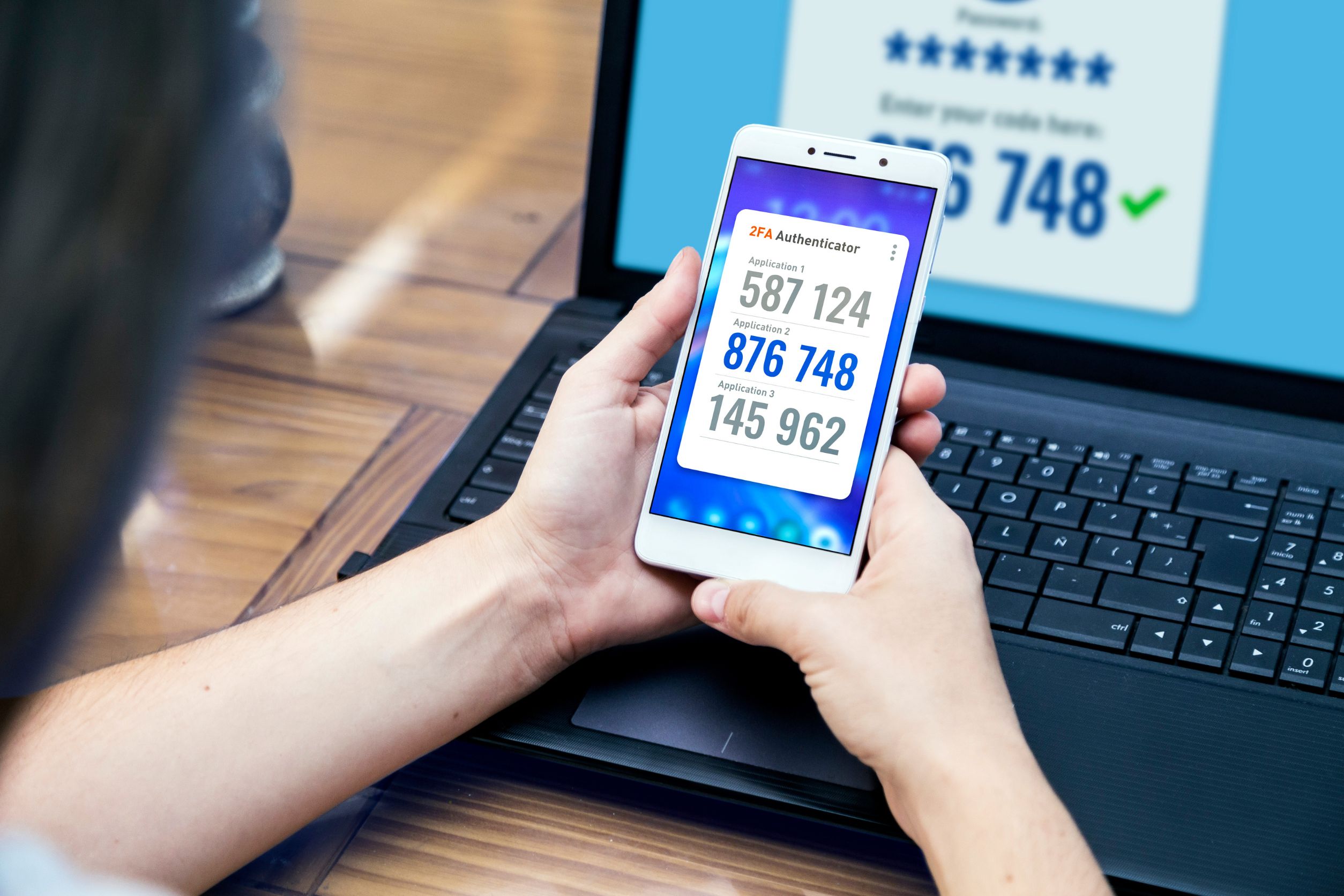
Canva
Two-factor authentication (2FA) provides an additional layer of safety to your on-line accounts. It’s like having a double lock in your door. Even when a hacker will get your password, they’ll’t entry your account with out the second issue; normally a code despatched to your cellphone or generated by an app. Many individuals skip organising 2FA as a result of it looks as if a trouble, however the few further seconds it takes can prevent from a significant safety headache. All the time allow 2FA the place potential.
6. Sharing Too A lot Private Data on Social Media

Canva
Oversharing on social media can provide hackers easy accessibility to password clues and solutions to safety questions. You would possibly love sharing birthday countdowns, pet names, or favourite spots, however hackers love this data much more as a result of it helps them guess passwords or craft focused assaults. Be aware of what you share on-line. Regulate your privateness settings to restrict who can see your posts. Keep in mind, the web by no means forgets.
7. Ignoring Privateness Settings

Canva
Not checking the privateness settings on new apps and web sites is like leaving your blinds broad open. With out correct changes, you may be sharing extra data than you plan to with extra individuals than you notice. Hackers can use this publicly accessible data to focus on you particularly. Take the time to grasp and configure your privateness settings on all platforms. A couple of minutes spent right here can forestall numerous publicity.
8. Failing to Safe Your Residence Community
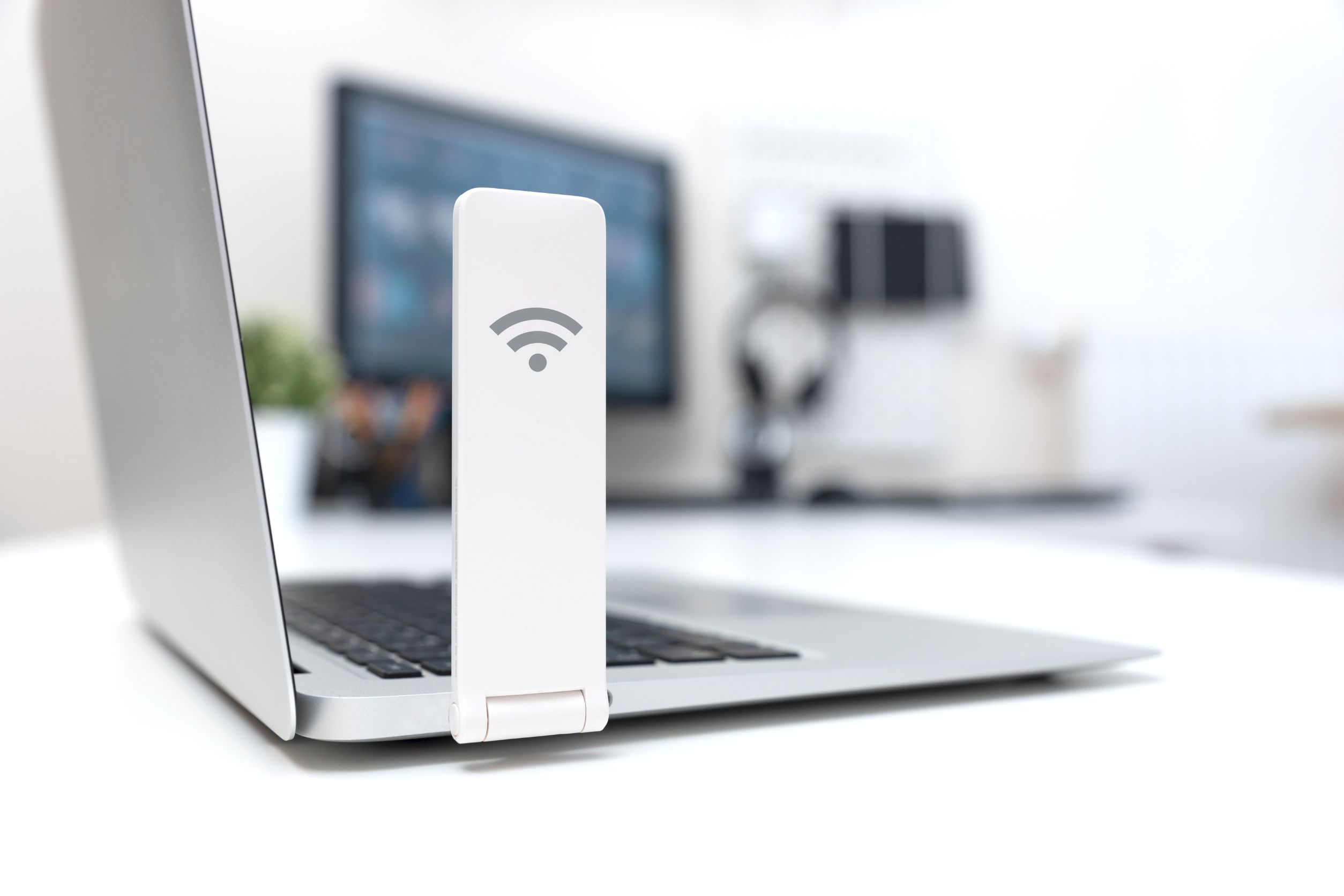
Canva
Your property Wi-Fi community is a gateway to all of your linked gadgets. Failing to safe it with a powerful password and up to date safety settings is like leaving your digital again door broad open. Change the default username and password in your router. Ensure you allow WPA2 or WPA3 encryption. Recurrently test for firmware updates to maintain your community fortress robust.
9. Not Utilizing Safe Web sites
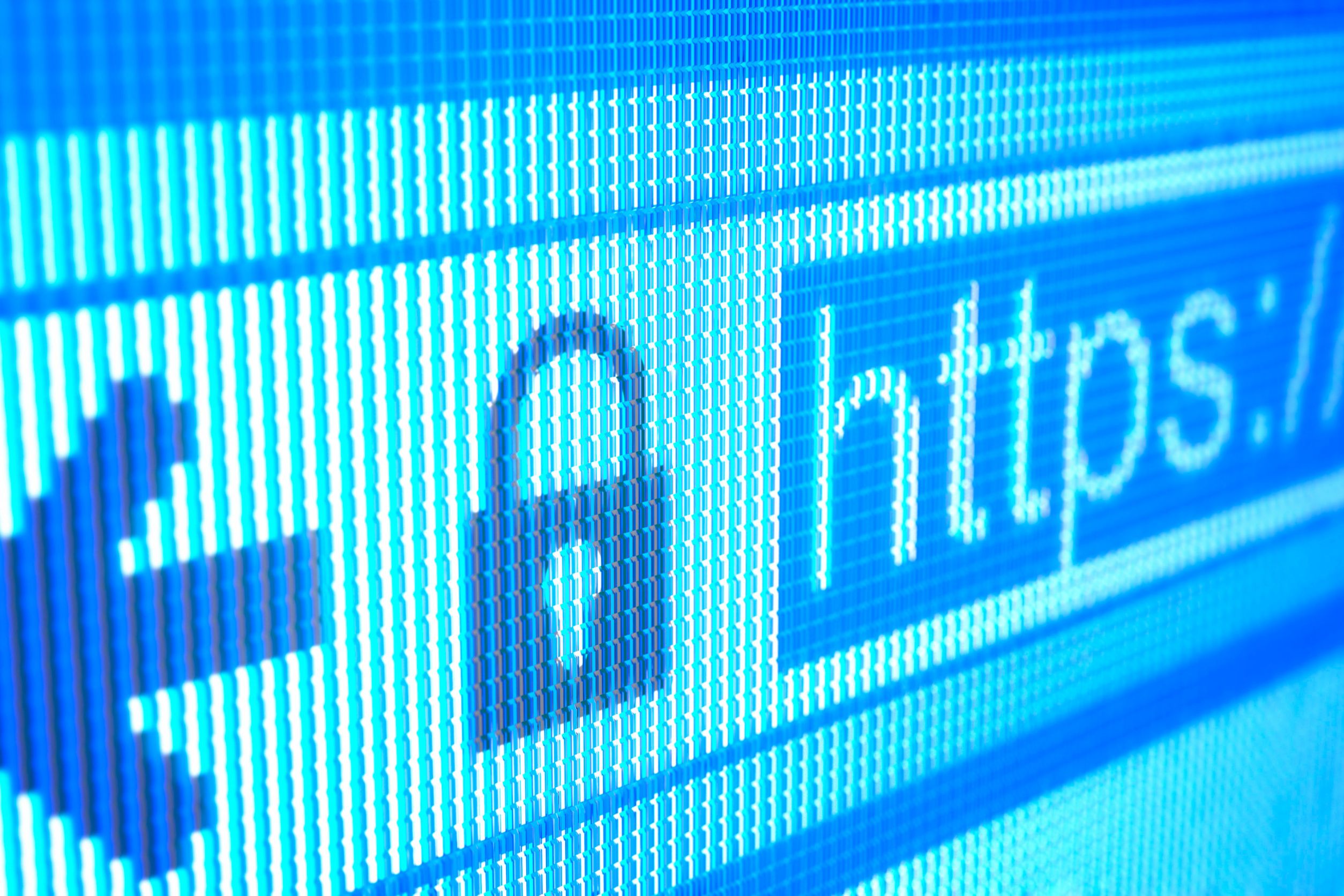
Canva
Looking web sites with out HTTPS is dangerous as a result of the info despatched and obtained is unencrypted. This makes it straightforward for hackers to “hear” and steal delicate data. All the time test for the HTTPS within the URL earlier than coming into private or monetary data. If the location doesn’t safe your knowledge with HTTPS, suppose twice earlier than continuing. Your knowledge deserves the most effective safety measures.
10. Downloading from Unreputable Sources

Canva
Downloading software program or media from sketchy sources is a typical strategy to invite malware onto your gadget. These downloads can comprise something from spyware and adware to ransomware. Stick with respected, official websites to your downloads and keep away from clicking “agree” with out studying what you’re truly putting in. Your gadget’s well being is dependent upon the standard of what you feed it. Deal with downloads such as you deal with meals; go for high quality and security.
11. Not Having a Backup Plan

Canva
Failing to again up your necessary knowledge repeatedly is like not having insurance coverage in your valuables. Within the occasion of a cyber-attack, like ransomware, the place hackers lock you out of your individual recordsdata, having a backup could be the distinction between catastrophe and a minor inconvenience. Make common backups a behavior. Retailer them in a safe location, ideally each bodily and within the cloud. This fashion, you’re ready for no matter comes your manner.
Tighten Up Your Digital Safety

Canva
By now, it’s best to have a superb grasp of the frequent errors that make hackers’ jobs simpler and how you can keep away from them. Tightening up your digital safety isn’t only a one-time repair; it’s a way of life change that requires ongoing consideration and adjustment. Embrace these habits to guard your self from cyber threats and hold your digital life as safe as your bodily one. Keep in mind, each step you’re taking to safe your on-line actions is a step away from potential cyber chaos.
(Visited 13 instances, 13 visits at present)

Vanessa Bermudez is a content material author with over eight years of expertise crafting compelling content material throughout a various vary of niches. All through her profession, she has tackled an array of topics, from expertise and finance to leisure and way of life. In her spare time, she enjoys spending time together with her husband and two youngsters. She’s additionally a proud fur mother to 4 mild big canine.


